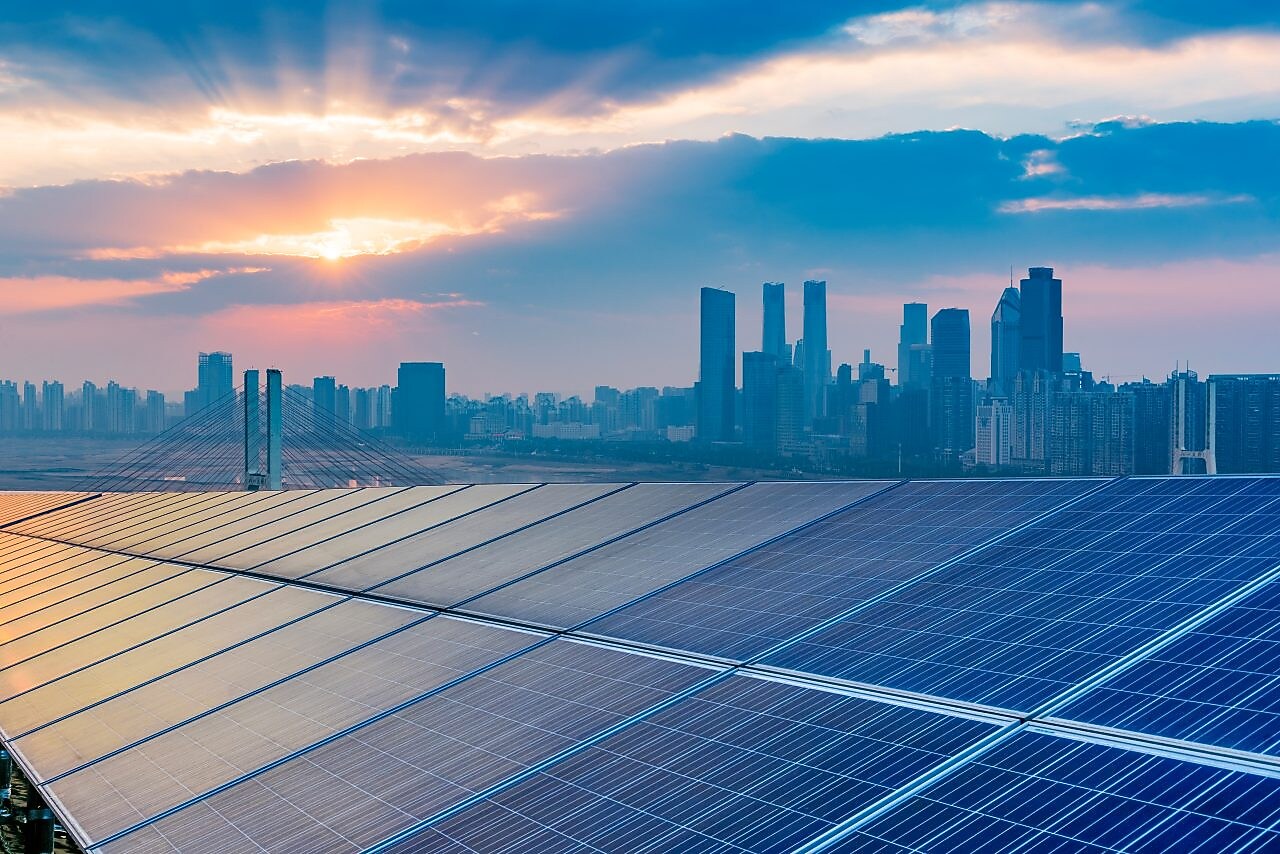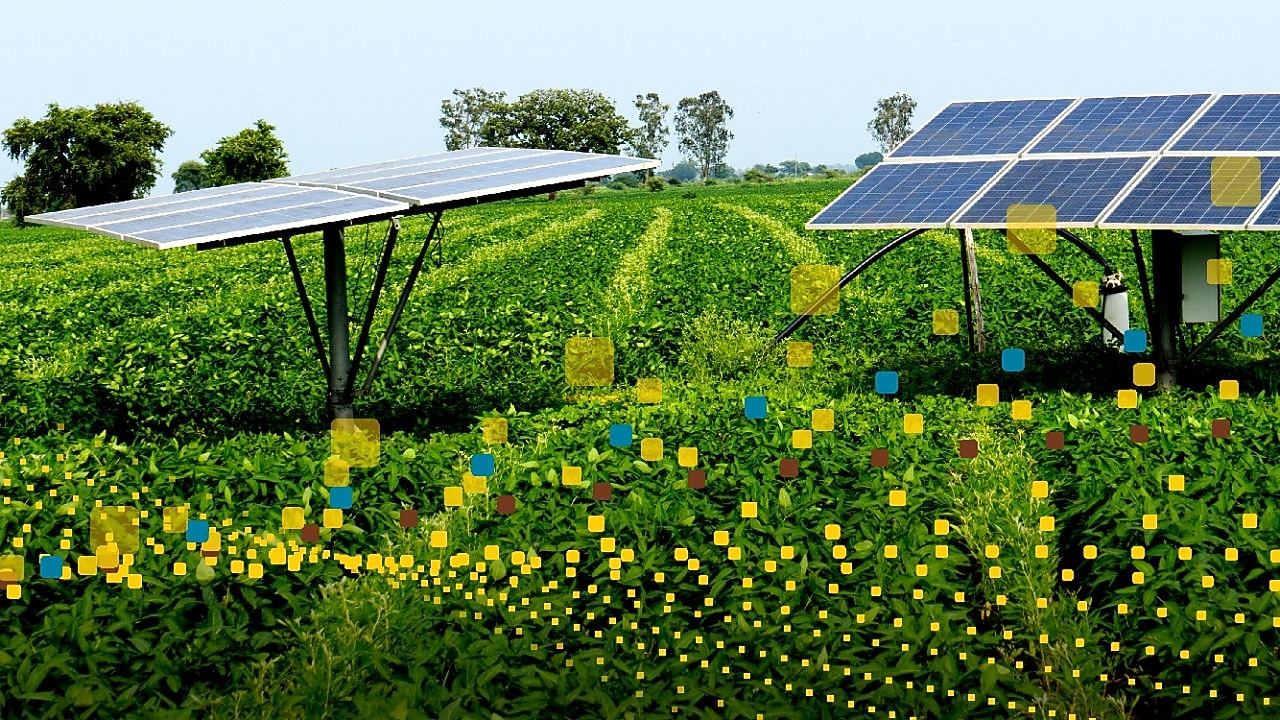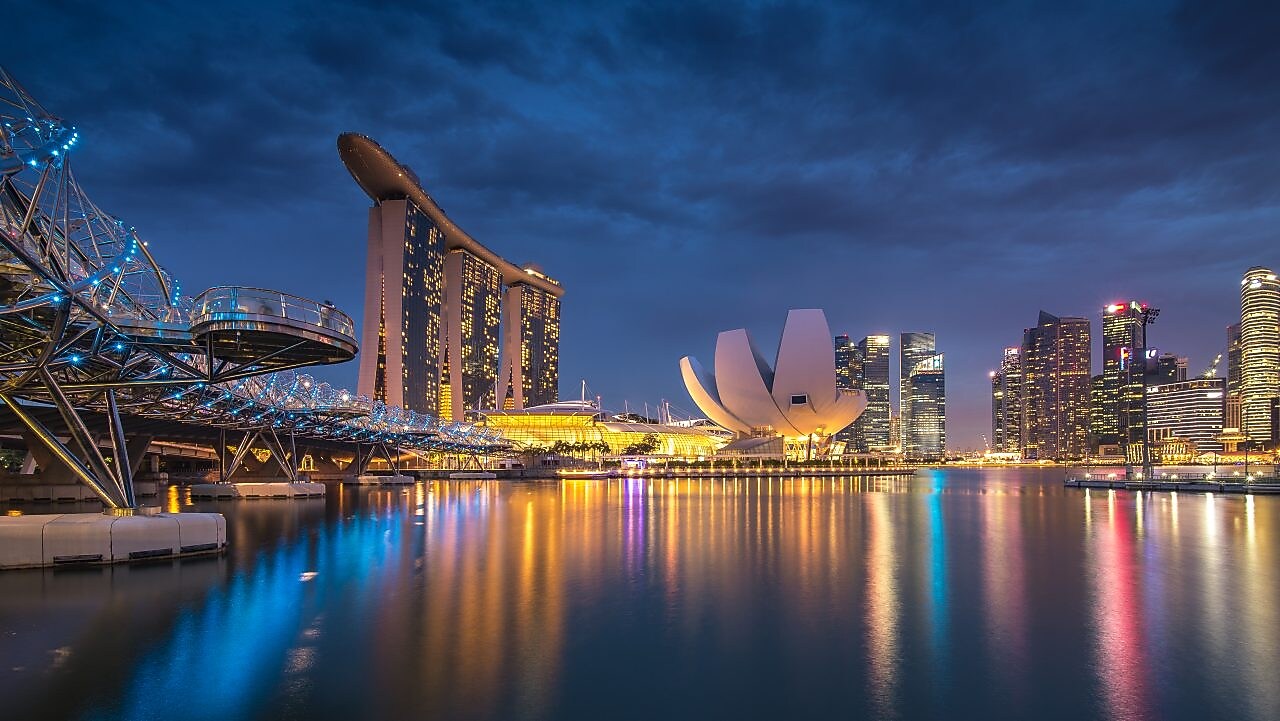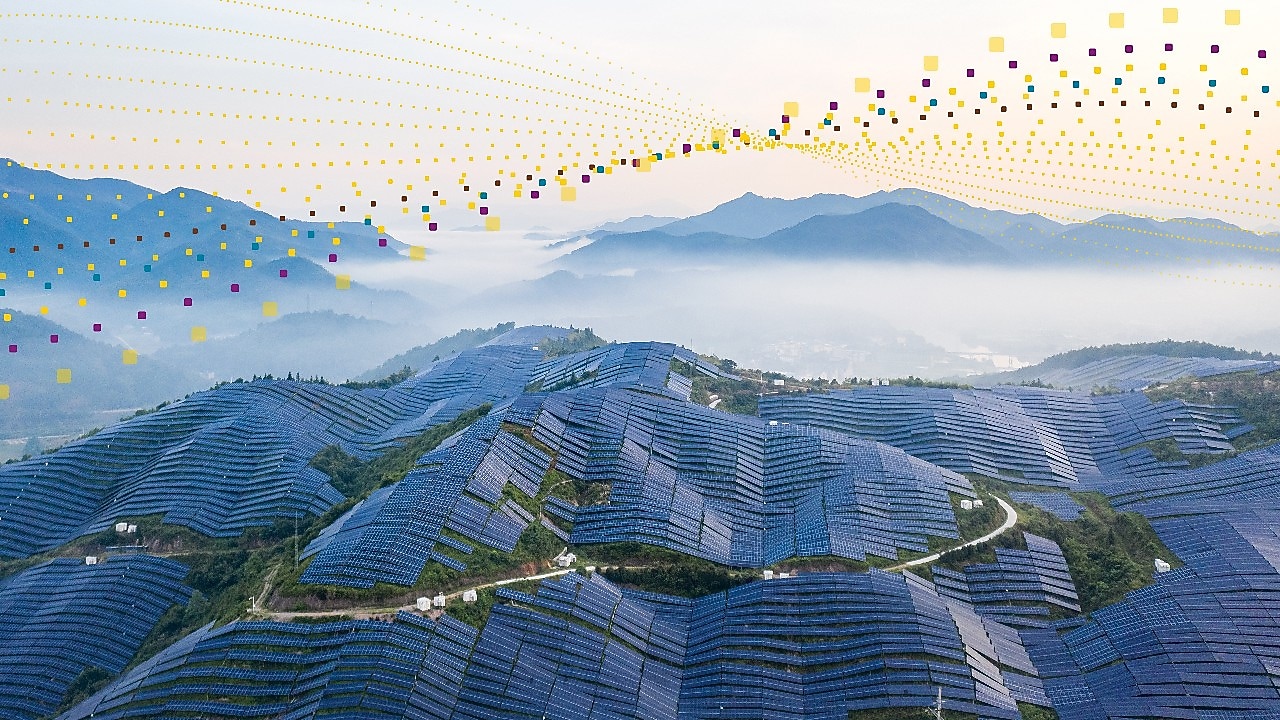
Scenarios where you live
We turn insights about how the world is changing – politically, economically, technologically and socially – into ‘sketches’ to help us think about the future.
As part of our mission to understand what might be coming down the road, the Shell Scenarios team considers a huge range of situations. The team looks at the uncertainties around energy transitions and climate change, including country, region and sector perspectives. We also want to understand key societal trends around the world. That means investigating topics as diverse as digitalisation, women’s empowerment, the common good and generational changes.
Explore some of our recent and ongoing sketches below.
Shell Scenarios in action
Here are some examples of projects that the Shell Scenarios team have been involved with.
China
Joint studies with the Development Research Centre (DRC) of China’s State Council
Shell has had a long-term partnership with the Development Research Centre (DRC) of China’s State Council. The DRC acts as a central thinktank for the State Council and is responsible for policy research, strategic review, and consulting on issues related to economic and social development on mainland China.
Since 2011 Shell and DRC have conducted a number of studies on the evolution of China’s energy system as it transitions to low carbon in line with the Chinese Government’s objective of peak carbon emissions by 2030 and carbon neutrality by 2060. The collaboration brings together the complementary skills of Shell and DRC - Shell’s knowledge and experience of international energy markets and the energy transition, and DRC’s in-depth understanding of China’s economy, energy system, and policies.
Since 2017 Shell and the DRC have jointly published the results of their studies in open access books.

Embracing the Future, Powering Growth: An Energy System Renewed for China (2025)
Building a new energy system is the key to meeting China's goals of carbon emissions peaking by 2030 and carbon neutrality by 2060. This study describes the potential development of the energy system, analyses the impacts on economic and social development, studies the key risk points, and proposes the path and policy system needed to build the new energy system.
China’s Energy Revolution in the Context of the Global Energy Transition (2020)
This book provides an analysis of China’s current and future energy system. It examines how China can revolutionise its supply and use of energy while considering the whole energy system – coal, oil, gas, nuclear, renewables and new energies – as well as covering energy production, conversion, distribution and consumption.
China’s Gas Development Strategies (2017)
This book examines how China can increase the share of natural gas in its energy system to replace coal. Natural gas is the ideal alternative to coal as it is cleaner, more efficient and easier to transport and store. But although its use globally had grown rapidly it had significant challenges to overcome to become a core component of China’s energy system. Based on detailed economic modelling, the joint study put forward recommendations for strengthening environmental regulations including effective carbon pricing as well as a comprehensive reform of gas market mechanisms, regulations, and institutions. The study was a key input into China’s Thirteenth Five Year Plan.
Germany
Exploring Germany’s energy pathways
Shell has long recognised the importance of the global climate challenge. Since the 2015 Paris Agreement, which set out a global action plan to put the world on track to avoid dangerous climate change by limiting global warming to well below 2°C, the hard work is underway as countries develop and evolve their roadmaps to build secure, affordable and sustainable energy systems.
The main focus was first to understand how Germany’s specific energy scenarios could evolve and then to understand the challenges and opportunities. The greatest progress so far in this highly industrialised economy has been in power generation, and is now increasingly focused on mobility and heating.
After identifying the biggest potential drivers of cross-sector energy transformation, a joint Shell Scenarios and local Germany team effort with contributions from external experts developed two possible energy transition scenarios: 'Winning the Marathon’ and 'Slowing Momentum’.
These scenarios look at how Germany's future energy pathways could evolve in response to societal, economic, political and technological change. They are designed to help German society and government explore all the implications and support key energy decisions in the coming years.

Africa
Improving responses to AIDS (2005)
Our scenarios work is also useful for advising public bodies, institutions and governments across a range of sectors, as it draws together expertise from a number of disciplines. This is also true of community health, mainly in developing countries.
In Africa, drawing on experience gained through our operations in sub-Saharan African countries, where HIV/AIDS is a major health concern, we worked with UNAIDS to develop scenarios for ways in which the disease could spread in future.
While the number of new cases of HIV/AIDS may be falling,1.8 million people were newly infected in this region in 2009 alone. The United Nations drew on Shell’s approach to scenarios to devise three versions of the future that explored the consequences of different government actions.
These scenarios helped to guide the leaders’ response to the epidemic and to work out which response to the crisis would create the best outcome for Africa and the rest of the world by 2025. This work also helped the UN and other bodies to identify the actions required to respond appropriately to different circumstances.












